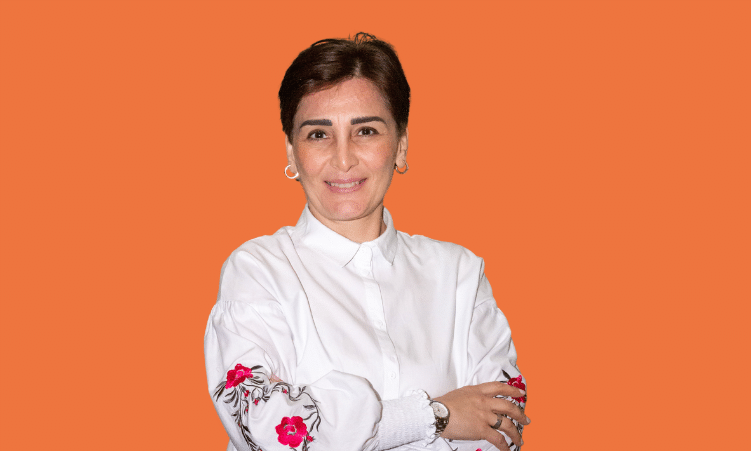
Facing the myth of the WHO essential medicines’ accessibility in Armenia
Cancer is the second leading cause of death in the upper-middle income country of Armenia, where around 80% of all healthcare expenses are made out-of-pocket. Over the past two decades, the country has seen a significant rise in cancer morbidity and mortality. Diagnosis and treatment methods are not standardised; there is a lack of treatment accessibility due to insufficient coverage (both private and state) and limited availability of essential medicines.
In 2022, the national essential medicines list (NEML) in Armenia included only 37 out of 62 (60%) of the antineoplastic and supportive cancer drugs listed in WHO’s essential medicines list (EML). However, the registration of many EML drugs is not regularly renewed, consequently affecting their physical availability in the country. Around 30% of the NEML drugs are not registered in Armenia and thus are mostly inaccessible to patients. There is a lack of effort directed at improving the drug registration process to ease the access to cancer drugs, both physical and financial.
Since March 2020, the Ministry of Health of Armenia, utilising its scarce resources, launched a state-funded programme to provide an expensive target therapy drug Trastuzumab to HER2+ breast cancer patients diagnosed in stages I-III. The state programme refuses Trastuzumab to the stage IV patients (both de novo patients and those who were initially enrolled in the programme but later metastasised in the course of treatment and became ineligible), thus discriminating against metastatic patients and depriving them of the right to have equal access to optimal and life-saving treatment.
A high number of hormone-positive breast cancer patients, including myself, need to take Tamoxifen on a daily basis for 7-10 years. This hormone therapy drug is included in the state-funded coverage and shall be provided to the primary healthcare facilities through consolidated procurement by the state, which was not fulfilled in 2022-2023. Instead of getting this drug for free from the state, women have to buy Tamoxifen for EUR20 per month, which is 15% of the minimum net wage in Armenia. In addition, the drug is not physically available for sale at pharmacies, because its short-term registration affects the import of regular shipments.
These two examples relate to just one type of cancer and country-specific access to respective medicines. If we analyse a broader spectrum of cancers, the overall picture for Armenia will be even worse.
